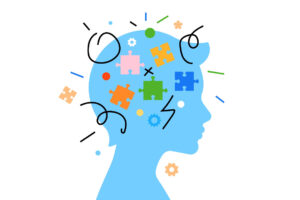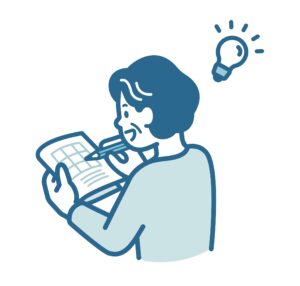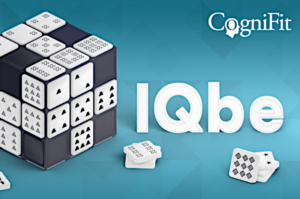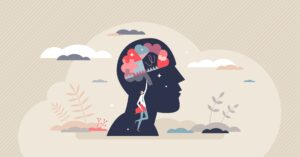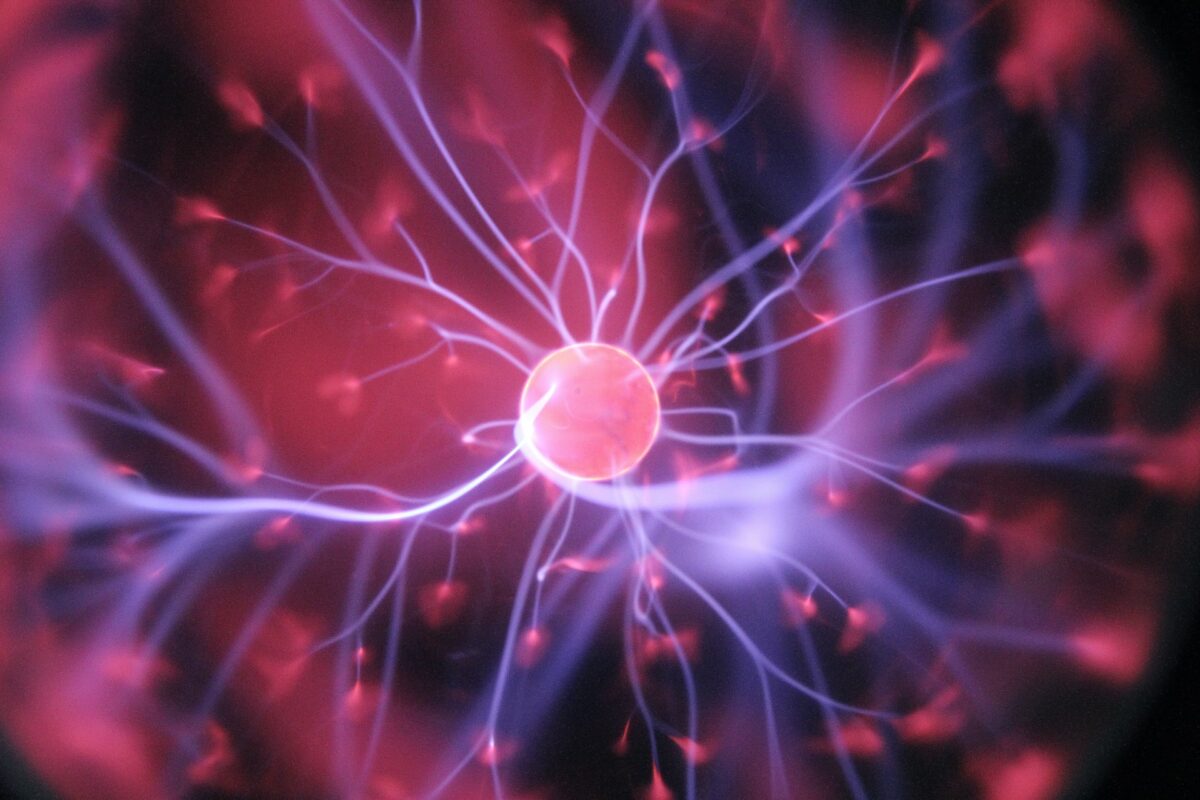
6 Ways To Improve Mental Acuity
Everybody occasionally experiences a “senior moment.” Perhaps you entered the kitchen but needed help remembering all the tasks you wanted to perform, or you struggled to remember a person’s name during a chat. Although memory loss can happen at any age, cognitive decline is typically not brought on by aging alone. Significant memory loss in older adults is typically not brought on by age but by organic illnesses, brain trauma, or neurological conditions.
Professionals focused on their careers frequently learn about the importance of setting goals and continuing their education. But it’s essential to maintain a healthy, alert mind to advance your knowledge and skill sets.
According to studies, adopting a few simple healthy practices can help prevent cognitive decline and lower your risk of developing dementia. Some of them include the following:
- maintaining an active lifestyle
- having healthy social interactions
- getting enough sleep
- not smoking
- Maintaining a healthy diet
- keeping alcohol consumption to no more than one drink each day
The good news is that you can learn how to get your mind active, owing to decades of research. Memory and other cognitive changes might be complex. We can employ various tactics to support the maintenance of cognitive fitness.
This article outlines a few you could take a shot at. Keep reading to find out!
What Is Mental Acuity?

Mental acuity refers to the sharpness or clarity of the mind. It involves a range of cognitive functions, including perception, memory, attention, reasoning, and problem-solving. Mental acuity can be affected by various factors, such as aging, stress, lack of sleep, poor nutrition, and lack of mental stimulation.
A person with good mental acuity can think quickly, reason effectively, and adapt to new situations. They can process information, solve problems efficiently, and remember and recall information accurately. On the other hand, someone with poor mental acuity may struggle with these cognitive functions, experiencing difficulty with memory, decision-making, and problem-solving.
Mental acuity is not a fixed attribute and can be improved with various interventions, such as regular exercise, cognitive training, good nutrition, stress reduction techniques like red light therapy which improves cellular energy, and proper sleep. Maintaining good mental understanding is essential for overall cognitive health and can help prevent cognitive decline with age.
Why Is It Important To Keep Your Brain Sharp?
Keeping your brain sharp is crucial because it can help maintain cognitive function and prevent age-related cognitive decline. It can also improve memory, focus, and decision-making abilities. Additionally, having a sharp brain can lead to a better quality of life and enhance overall well-being. Regular mental stimulation, such as learning new skills, engaging in challenging activities, and social interaction, can help keep the brain sharp.
Regularly challenging your brain can have incredible long-term effects. Here are three justifications for why maintaining mental acuity is crucial:
Enhanced Memory Power
Your brain works harder when you challenge it to learn new things to keep it sharp. Your ability to remember things grows as a result.
A study showed that London cab drivers had a larger hippocampus than London bus drivers, which is the brain region responsible for creating and accessing memories. This was because, in contrast to bus drivers who follow a predetermined route, taxi drivers faced the problem of locating and navigating various streets.
Improvements in Cognitive Capacity
The connecting tissue in your brain’s neurons gets better and stronger when you consistently challenge them, which enhances and speeds up their performance.
Your brain can grow in capability through a process called neuroplasticity. Neuroplasticity, often known as “brain plasticity,” is the capacity of your brain to undergo physiological or anatomical changes.
Delay in Mental Decline Associated with Aging
Although the cognitive decline is typically unavoidable as people age, there are ways to delay the symptoms and reduce your risk of dementia and other types of memory loss.
You may enhance neuroplasticity by performing some straightforward, well-designed brain workouts. You, therefore, have a better chance of overcoming the reduction in the mental capacity that comes with aging.
6 Ways To Improve Mental Acuity
Maintaining a healthy brain requires effort in the same way that keeping your body in good shape does. Exercise your brain consistently with training and learning to get the most out of it. A bright mind can advance your profession and delay cognitive deterioration later in life.
People who frequently joke about “senior moments” or believe they have little control over their memory function are less likely to attempt to maintain or develop their memory skills and, therefore, more likely to undergo cognitive decline. You have a better chance of maintaining mental acuity if you think you can improve and implement that idea.
No matter your age, there are numerous strategies to maintain mental acuity and keep your brain healthy, according to research. Daily activities can be quicker and easier when you practice specific brain exercises to improve your memory, concentration, and focus. These exercises can also help you maintain mental acuity as you age.
Here are six ways to improve mental acuity.
Exercise Regularly
Exercise is essential not just for physical health but also for brain health. Regular exercise has been shown to improve memory and cognitive function and reduce the risk of age-related cognitive decline. Exercise increases blood flow to the brain and stimulates the growth of new brain cells.
Learn New Skills and Practice Mindfulness
Learning new skills challenges the brain and promotes mental acuity. Whether learning a new language, playing a musical instrument, or learning a new hobby, learning something new can stimulate the brain and improve cognitive function. Mindfulness involves being present in the moment and focusing on the task at hand. It has been shown to reduce stress, improve memory, and increase cognitive function. Mindfulness can be practiced through meditation, deep breathing, or other relaxation techniques.
Get Enough Sleep
Sleep is crucial for mental acuity as it allows the brain to rest and recharge. Lack of sleep can lead to impaired cognitive function, memory loss, and difficulty concentrating. Aim to get 7-8 hours of sleep per night to promote optimal brain function.
Eat a Balanced Diet
A healthy diet that includes fruits, vegetables, whole grains, and lean protein can provide the nutrients the brain needs to function at its best. Foods rich in omega-3 fatty acids, such as fish, nuts, and seeds, have been shown to improve cognitive function.
Stay Socially Active

Social interaction and engagement can improve mental acuity. Regularly engaging with friends, family, and community can help maintain cognitive function, reduce the risk of depression, and improve overall well-being. Joining social clubs, taking classes, and volunteering can provide opportunities for social interaction and mental stimulation.
Start Red Light Therapy
Red light therapy, also known as photobiomodulation, is a non-invasive therapy that uses red and near-infrared light to stimulate cellular function and improve overall health. While research on red light therapy and cognitive function are still ongoing, there is evidence to suggest that it may have benefits for improving mental acuity in several ways:
- Increased Blood Flow: Red light therapy has been shown to increase blood flow to the brain, improving cognitive function and reducing the risk of age-related cognitive decline.
- Improved Mood: Red light therapy has been shown to improve mood by increasing the production of serotonin, a neurotransmitter that regulates mood, sleep, and appetite.
- Reduced Inflammation: Chronic inflammation has been linked to cognitive decline and neurodegenerative diseases. Red light therapy has been shown to reduce inflammation, which may help protect the brain and improve cognitive function.
- Enhanced Neurogenesis: Red light therapy has been shown to stimulate the growth of new brain cells, which can improve cognitive function and memory.
- Improved Sleep: Red light therapy has been shown to improve sleep quality, which is essential for maintaining cognitive function and mental acuity.
While further research is needed to fully understand the effects of red light therapy on cognitive function, early studies suggest that it may be a promising therapy for improving mental acuity.
Bottom Line
No matter your age, focusing on your brain health is one of the best things you can do to increase your concentration, focus, memory, and mental agility. You can stretch your mind, improve your cognitive abilities, and learn something new and enriching by implementing brain workouts into your daily life.
FAQ
How can I sharpen my mind naturally?
Although there isn’t a single method for increasing focus, the following tips can be helpful.
- Avoid being distracted
- Limit your multitasking
- Exercise meditation and awareness
- Increase your sleep
- Decide to pay attention to the present
- Take a brief break
- Connect with the natural world
- Develop your brain
Which foods are the best for the brain?
The following foods have been related to increased mental performance. Leafy greens like kale, spinach, collards, and broccoli are full of minerals like vitamin K, lutein, folate, and beta carotene that are good for the brain. Others are nuts, berries, tea, coffee, fatty fish, and so on.





